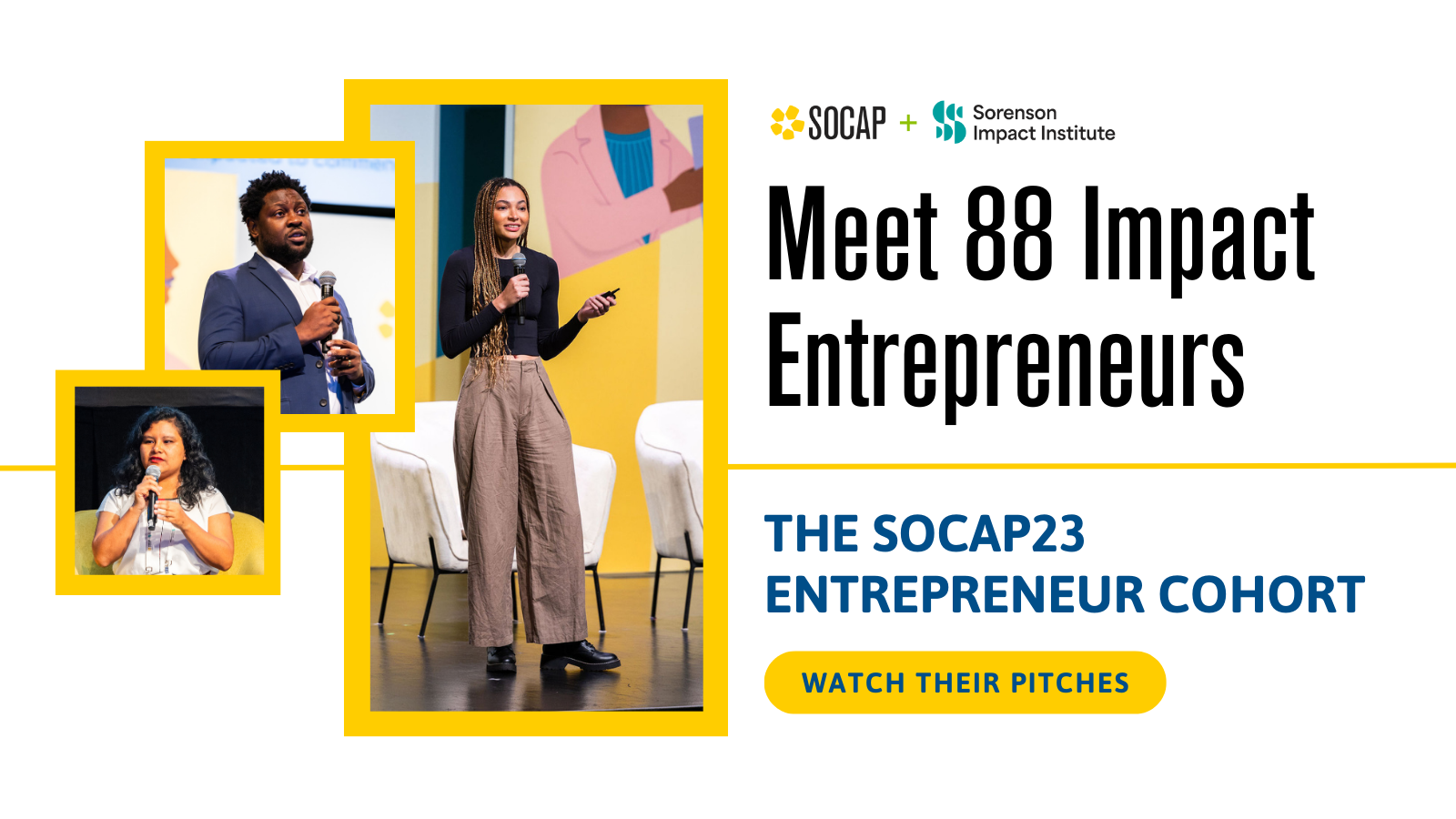We’re living in an extraordinary time, with an unprecedented need for adaptation worldwide. Every day, new obstacles appear and inspiring solutions are popping up around us. People everywhere are being forced to manage their time and responsibilities differently, juggling personal and professional priorities against the backdrop of a worldwide health crisis. And yet, amidst this sense of uncertainty, there is a desire in society to help those who need it most.
As well as the more obvious impacts of COVID-19, the intangible effects are vast. This pandemic is changing the way we communicate, how we go about celebrating milestones, how we interact with businesses, and even how businesses behave. The internet has become our best friend and worst enemy – a resource through which we can stay on top of the news, but also a platform being used to spread misinformation, like unfounded cures and tests for the virus.
Today, people are not only becoming increasingly critical of the information they receive but are also more selective when it comes to the companies they support. Consumers and stakeholders are looking for values alignment with brands, proven by the trend we’re seeing in the increased support for sustainable brands. There are two categories that describe most consumers, value-driven consumers who care most about price and convenience, and purpose-driven consumers who care more about supporting brands whose mandates align with their own.
Now, more than ever, there is a need for truth and trust, and businesses are recognizing this.
In efforts to build brand loyalty with these purpose-driven consumers, companies are exercising transparency in their operations, impact statements/reports, and marketing efforts to get behind initiatives that consumers really care about. The recent focus on helping frontline healthcare workers is one area where progressive, purpose-driven businesses are getting involved in order to make a difference and build relationships with their audience.
Doing all they can to help during this pandemic, Airbnb has provided subsidized housing to 100,000 healthcare responders allowing them to stay close to the hospital where they work while maintaining distance from their families to keep them safe. Crocs is donating 10,000 pairs of comfortable shoes a day to healthcare workers, a community group in Las Vegas handed out face shields to healthcare workers, and Ford has shifted operations to build much-needed ventilators as the widely reported shortages of Personal Protective Equipment (PPE) are one of the biggest barriers in this global crisis.
And yet, one question remains. How can consumers help support those working on the frontlines who risk coming in contact with COVID-19 on a daily basis?
Several crowdfunding campaigns have been created since the World Health Organization declared a global pandemic in early March. Gofundme has a COVID-19 specific landing page guiding the public to start a fundraiser to help fight the fight. A Cowdfunder campaign in the U.K is sharing positive news with healthcare workers to balance the stress and anxiety they may be feeling, and Pledgecamp, a crowdfunding platform based on trust and accountability, is running a Supplies Save Lives campaign enabling the public to get PPE to frontline healthcare workers in the US.
So, why isn’t everyone creating a campaign to fundraise and help? For years, crowdfunding platforms have fallen victim to trust issues. Many don’t have reliable security systems in place and often projects don’t come to fruition. Another cause for trust issues is the refund policy, or lack of. Typically, backing a campaign is a risk as crowdfunding platforms often cannot refund money if something goes wrong.
Consumers need to know their donations will make a difference to people who need it most. It’s our responsibility as creators of crowdfunding platforms to contribute to solutions, not problems. That said, none of us can predict what’s going to happen around the world or in the supply chain. At Pledgecamp, we have relationships necessary to secure PPE faster and more cost-effectively than other campaigns, and yet we know that nothing is a guarantee.
The best we can do is to be open about our efforts and our approach, as well as the speedbumps we may hit along the way. We are part of a global community and, much like some of the best world leaders that are guiding us through this crisis, we recognize we are all in this together. This is a time for honesty, trust, and accountability. We can learn from this situation and continue to demand and demonstrate these characteristics in ourselves and others, not just in a crisis, but in how we do business, always.







